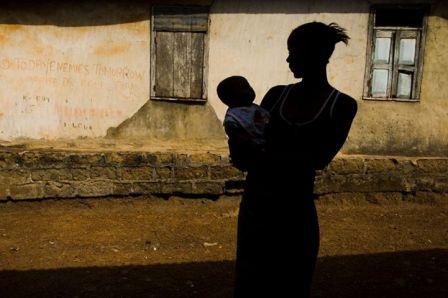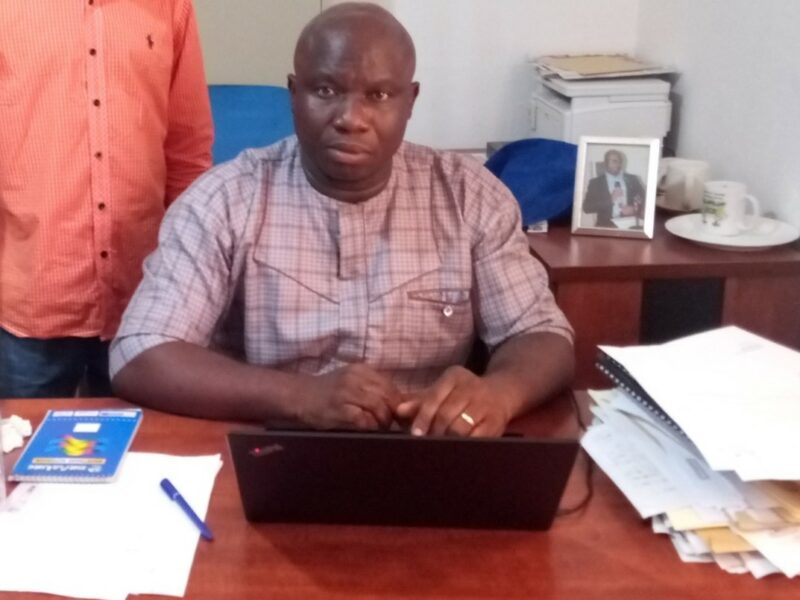New U.N. Report Links Adolescent Pregnancy to Human Rights Failures, Calls on States to Address Range of Contributing Issues
10.30.12—(PRESS RELEASE) The Center for Reproductive Rights commended the United Nations Population Fund (UNFPA) today for linking adolescent pregnancy to an underlying failure to fulfill young women’s human rights in its new flagship report, The State of World Population 2013.
In the report, which focuses this year on the impact of adolescent pregnancy on girls’ education, health, and long-term employment, UNFPA explicitly connects adolescent pregnancy with the failure to fulfill girls’ rights to comprehensive sexuality education and to readily accessible sexual and reproductive health services. UNFPA calls on the global community to address a range of contributing problems, including gender discrimination, lack of autonomy, child marriage, and lack of comprehensive reproductive health information and care. The report also urges the implementation of policies and programs that support, rather than stigmatize, pregnant adolescents.
Said Rebecca Brown, director of global advocacy at the Center for Reproductive Rights:
“It is vital that world authorities such as the United Nations Population Fund confront the human rights failures that lead to adolescent pregnancy, and we support all efforts to hold states accountable for remedying them.
“From epidemic levels of child marriage in South Asia to the forced pregnancy testing and expulsion of pregnant schoolgirls in Africa, young women worldwide face a wide range of human rights violations reinforced by systemic discrimination, socialized gender roles and stereotypes that too often leave them vulnerable to early pregnancy and the disempowerment that frequently comes with it.
“This report offers a human rights approach for ensuring the fulfillment of fundamental human rights that millions of girls across the globe are currently denied, and we support the UNFPA in its efforts to secure its implementation.”
In the last month, the Center for Reproductive Rights has released two groundbreaking reports that delve into the causes and consequences of adolescent pregnancy. Forced Out: Mandatory Pregnancy Testing and the Expulsion of Pregnant Students in Tanzanian Schools reports on the vast numbers of young women affected by invasive, mandatory pregnancy testing and subsequent expulsion from school if they are pregnant, as well as the serious human rights implications of the practice.
Child Marriage in South Asia: Stop the Impunity focuses on the violations of women and girls’ fundamental human rights—including their reproductive rights—that stem from child marriage in the region. Despite international and local laws clearly condemning child marriage, South Asian countries’ refusal to address this illegal practice could lead to a projected 130 million young girls being married against their will by 2030.
According to State of the World 2013, every day 20,000 girls below age 18 give birth in developing countries. Girls under 15 account for 2 million of the 7.3 million new adolescents mothers every year. One in five girls worldwide has given birth by the age of 18.
According to the World Health Organization, roughly 16 million adolescent girls, aged 15-19 years old, give birth every year – most in low- and middle-income countries. Complications from pregnancy and childbirth are the leading cause of death among girls in this age group.
Stay with Sierra Express Media, for your trusted place in news!
© 2013, https:. All rights reserved.






